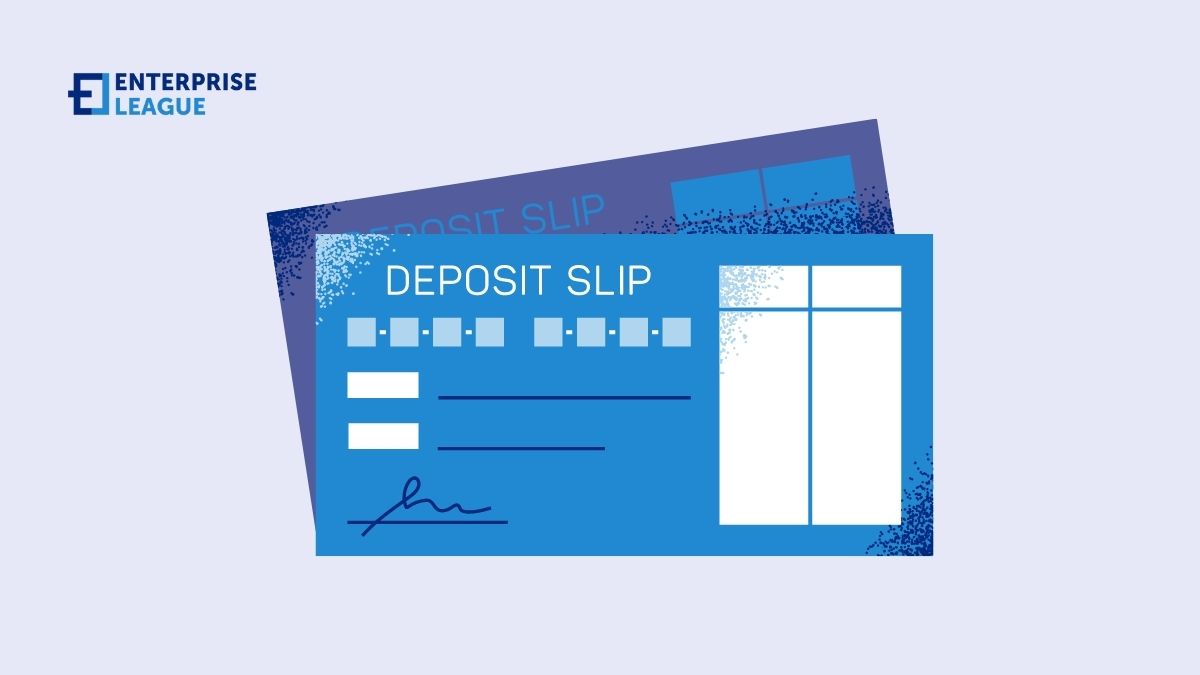Many say that if a buyer is serious, won’t object to paying a deposit, and that’s true in most cases, but still, knowing how to ask for a deposit in a contract the right way will save you many awkward meetings.
A buyer that offers a deposit demonstrates a commitment to completing the sale of the property without external contingencies. The deposit is protection to both sides and guarantees delivering the goods or services to the buyer and even protects both parties if it comes to potential problems or even firing the client.
How to ask for a deposit in a contract?
Be clear upfront how much you want to receive as a deposit, what is included for the amount paid and when you are expecting the deposit to be paid.
Getting paid some deposit helps to grow some level of trust between you and the client. You can be sure that the client will be present till the end of the project. However, asking for upfront payment is not an easy task, therefore here’s how to ask for a deposit in a contract.
Offer a payment schedule with milestones
Breaking down payments into clear milestones makes the deposit feel like part of a larger, organized process. Show clients exactly what work happens after each payment point, with the deposit covering initial research, planning, or material acquisition. This structured approach helps clients see how their money translates to actual progress and reduces anxiety about paying upfront when they can visualize the entire payment journey.
Include it in your contract terms
To make it easier for you to explain, include it in the contract clause. Note the purpose of the deposit and your reason for why you are asking for a deposit. This should have a rationale, and be delivered in the most business-like way, to keep your contract look professional.
Have a set price per project
The client will be comfortable knowing exactly what they are paying and what they are getting. Additionally, they will be sure that you will not increase the prices midway. They can easily pay the deposit knowing that it is part of an already agreed sum.
State it as being the company’s policy
Another best way to ask for a deposit is to state it as being the company’s policy. You should also clarify your refund policy for the deposit to the client, which is usually that if you cannot provide the agreed service, the deposit will be refunded.
Avoid over-explaining
Make asking for a deposit seem like it warrants no explanation because that’s just how much of a normal part of the process. Also, your client trusts you to lead them through the initiation process and says too much to try to defend your requirement of a deposit comes across as a lack of confidence in your business practices.
You can answer any questions they may have regarding the required deposit, but in my experience, the portrayal of confidence is enough to create an atmosphere where a consumer feels comfortable and trusting enough to provide the deposit without much resistance.
Be clear about how much you need for a deposit and why
When it comes to how to ask for a deposit in a contract, be clear about how much you need for a deposit and why. Calculate the price for your service and how much deposit you can ask for and prepare to stand firm. However much you ask for, be sure you can explain why you need that amount so that your clients can understand the whole deal.
Decide what should happen if a contract is canceled
Projects don’t always go as planned, but if your customer chooses to abandon the project, you’ll want to make sure your company is protected. And, of course, you should be compensated for the job you’ve already done.
Include a clause in the contract that says that any funds received are non-refundable if the project is canceled for any reason. If you’re going to invoice for the length of the project, this is critical. It will assist you to avoid putting in a lot of time and effort just to have the customer cancel the job and refuse to pay you.
A deposit is needed to kickstart the project
Another way on how to ask for a deposit in a contract is to explain to clients that a 25% deposit is needed to kickstart the project and offer them a credit card installment of 12 months for the 25%. Because most businesses want to make payment as slow as possible, so the credit card installment helps in obtaining the contract fast.
Be polite
Be sure to politely bring up your travel expenses. Describe just how much of an investment each project is to you – you’re taking a risk on the customer’s behalf. Assuming you’ve developed a rapport, they should be willing to meet you halfway and make the partial payment upfront.
Specify the terms and scope of the project
Contracts are all about laying forth the fine print of your agreement. It’s critical to be as clear as possible about what you’re being recruited to accomplish, how you’ll execute it, and what both parties’ expectations are.
When it comes to describing the specifics of your project, you can never be too detailed. The aim is to establish expectations and use clear and specified criteria to govern the working relationship. While it may seem to be overkill, it is critical for you and your clients to delve into those precise specifics.
You don’t want to feel obligated to work outside of scope, and you certainly don’t want your customers to believe they aren’t receiving what they paid for.
Show the immediate work with success
Even though nothing scares a client more than asking for a deposit before even the actual work begins. However, there is one more way on how to ask for a deposit in a contract to console them off this fear.
Show your clients the immediate work with a guaranteed success report, based on the deposit asked before beginning actual work. Most of the clients will agree to easily pay the deposit if they are convinced by real examples of success for previous clients.
Conclusion
When speaking about how to ask for a deposit in a contract, the most important thing is to know your worth. Know that you are offering something that they do not have the bandwidth to do themselves either because of time or skill. When someone is in need of your services and you have a good reputation for doing your work, they will follow your company protocol especially if it pretty much meets industry standards.
More must-read stories from Enterprise League:
- Are you being professionally ghosted? Learn how to handle it the right way.
- How successful businesses can give back to the community.
- Learn how to operate costs of your business without losing efficiency.
- Entertaining and eduacational: entrepreneurial lessions in the best business movies.
Related Articles
SEO writing: Five foolproof tips to secure you the first page
When it comes to SEO writing it’s more guessing and less evidence about what works and what doesn’t. Luckily, we know what can really help you reach the first page.
How to onboard a new employee: Tips for quick integration
Your guide to smoother employee onboarding where you will find practical strategies that help new hires feel welcome and become productive team members faster.
6 tips on how to delegate work so it actually gets done
Delegation doesn’t have to be difficult, that’s why we are sharing some proven tips to delegate work effectively and get better results from your team.
SEO writing: Five foolproof tips to secure you the first page
When it comes to SEO writing it’s more guessing and less evidence about what works and what doesn’t. Luckily, we know what can really help you reach the first page.
How to onboard a new employee: Tips for quick integration
Your guide to smoother employee onboarding where you will find practical strategies that help new hires feel welcome and become productive team members faster.






